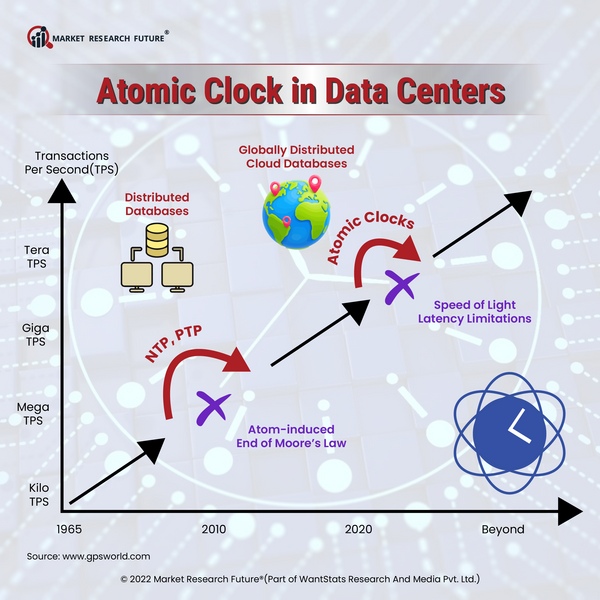
Is Time an Illusion we are Obsessed with, or is it Technology?
By Aarti Dhapte , 13 January, 2023
Are we preoccupied with the illusion of time, or is it technology?
NIST broadcasts the time to locations all around the nation. It is delivered to our devices, which operate in perfect unison, via computer networks and cell phone towers. Communication, transportation, and our economy are all made easier by humanity's continuously growing consensus on the passage of time.
The clocks do not, however, display the other side of time.
A theoretical physicist at the University of New Hampshire named Chanda Prescod-Weinstein claims that "many of us grow up being fed this sense of time as absolute." However, according to Prescod-Weinstein, our period is a social construct. Real-time, however, is somewhat different. Space and time can slow down and collapse in some of the strangest places in the universe.
The leader of the atomic and instrumentation group at NIST, John Kitching, claims that although they are currently concentrating on measuring time, they still need to produce relevant results.
Kitching and his team's top priority in developing one in their lab is a microchip-based, mass-producible atomic clock.
According to him, the goal of this kind of clock is to allow atomic timing to be utilized everywhere essentially. Imagine having an atomic clock on every phone and computer.
Humans must advance their clocks like they continuously do with their maps.
Better clocks can increase the accuracy of GPS, speed up computer networks, and enable new technologies in fields ranging from astronomy to financial trading.
And that's significant because, in the end, Kitching sides with Chanda Prescod-Weinstein, a theoretical physicist who thinks that time as we experience it is a technology rather than an essential component of the cosmos. He concurs that time is a human endeavor, the product of neurons firing, memories being created, and books being written.
The forward movement of time, he claims, is primarily a human invention. It could be more valuable in terms of physics, he said.
However, he continues, the persistent counting of seconds, minutes, hours, and days at the NIST lab is used for everything from navigation to power.
Trying to control nature's erratic sense of time has great social value for people.

Latest News

Researchers are diving deep to study the magnetic evolution in today's new world. The newly developed magnets are necessary for green energy transformation as well. Researchers find new methods to remodel the real microstructure of neodymium iron…

Sustainability is emerging as the most sought-after process in the light of clean energy transition. The development of green transformation in different industrial sectors requires economies to maintain strong finances. In 2024, the United Kingdom…

Electricity demand is growing in the United States due to a surge in digitalization. Electricity demand tends to be higher in Texas, as per the 2024 reports. Electricity demand is soaring higher in the light of blooming data centers.
Artificial…

The clean energy transition is growing at a progressive rate in different nations worldwide. Since the economies target to achieve net zero emissions by the end of 205-, different initiatives are taken by the countries in 2024. The increasing demand…

The electric vehicle industry will expand in 2024. The market expectations and reality of the electric vehicle differ from each other. The demand for electric cars is getting higher due to the transition to clean energy. However, European nations are…

Team Lead - Research
Latest News
















